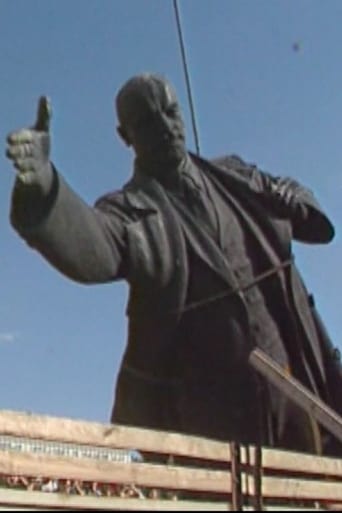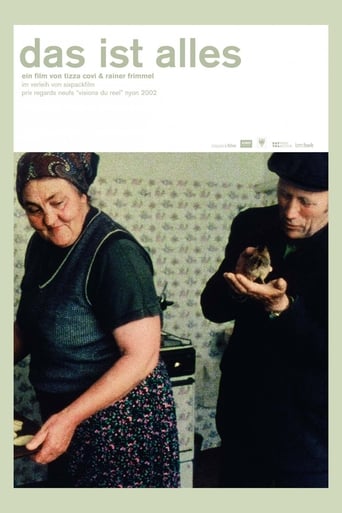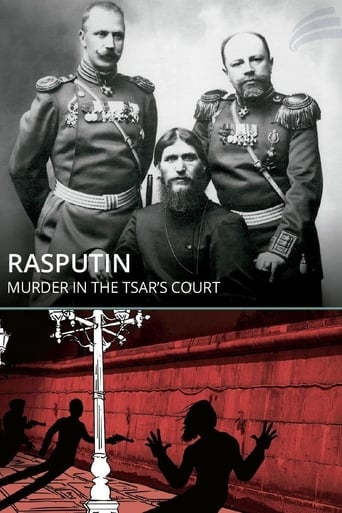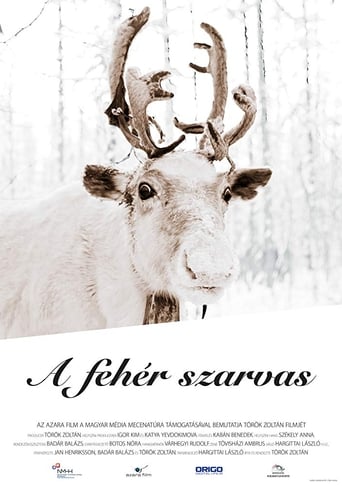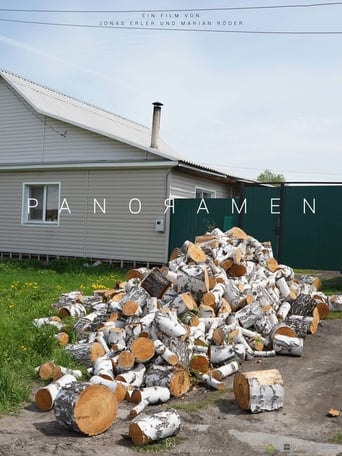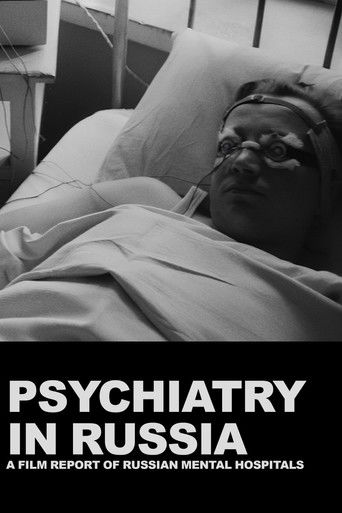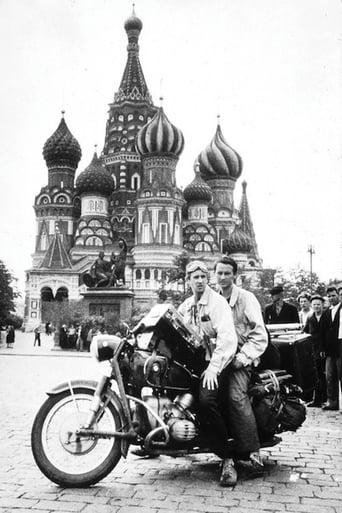East of Paradise
Filmmaker Lech Kowalski explores his belief that struggle is "the epitome of living" in this documentary which compares the wildly different life experiences of himself and his mother. Kowalski's mother came of age in Poland during the early stages of World War II, and after failed attempts to outrun both Nazi and Russian forces she and her family were sent to a Soviet concentration camp, where inmates were tortured, mistreated, and starved to the point where some ate their own lice in a desperate struggle to survive. Kowalski also depicts his own self-inflicted season in hell during his years on the New York City punk rock scene as he wallowed in the sordid underbelly of drug addiction, pornography, prostitution, and streetwise decadence. On both stories, Kowalski finds a message of hope and strength in the midst of almost certain peril.
